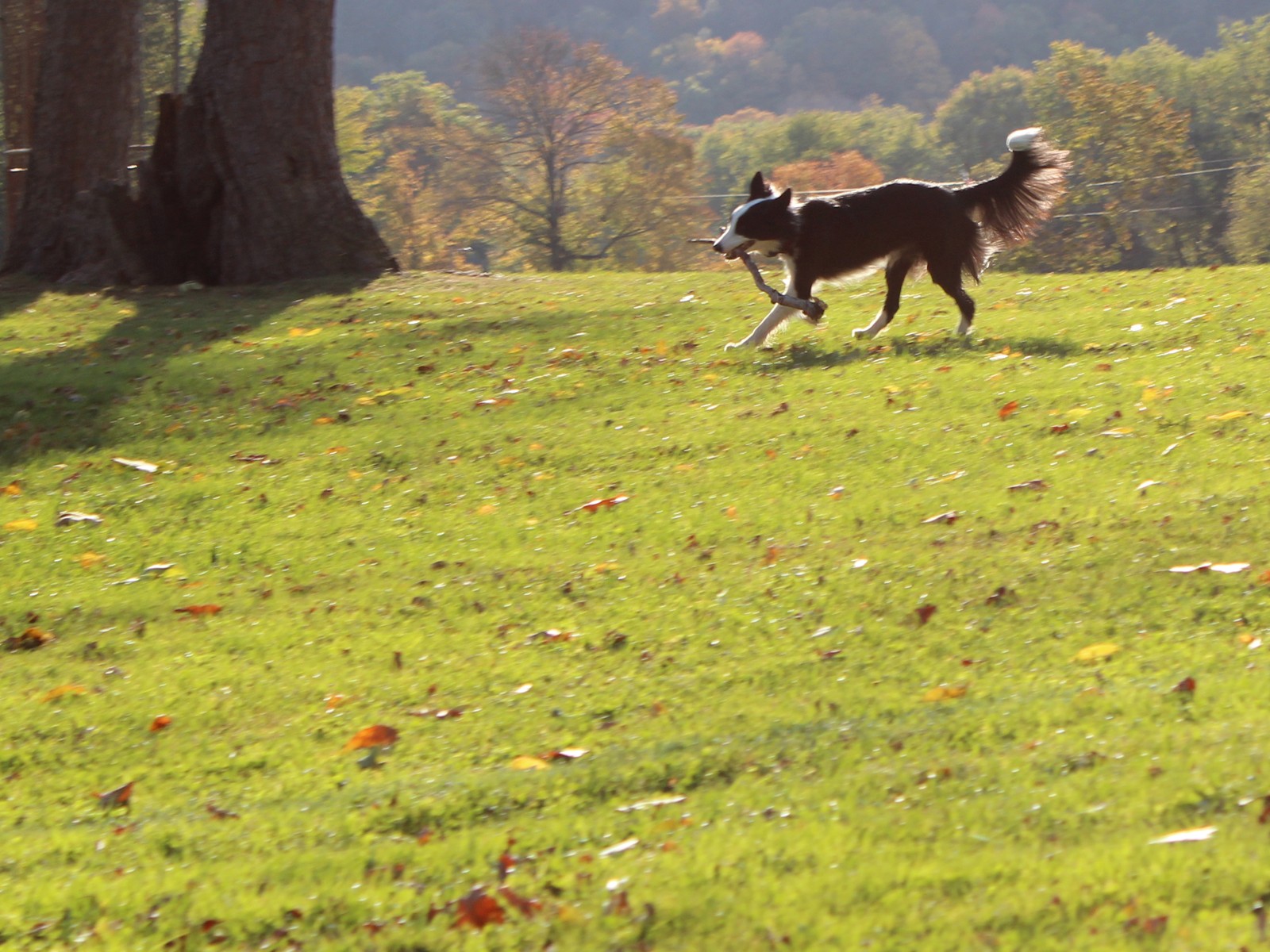C.S. Lewis and Bottoming Out
It seems to us that he went from being a formidable atheist to a formidable Christian right away, but he didn’t. There really are about ten years that we really don’t know very much about. When Lewis was in one way God, I think, was preparing him. These are the thirties when he was just venturing gradually into Christianity. He wrote a few poems, but during that time Lewis realized that he would never be a great poet; all the plans that he’d made for himself were coming to nothing. He might not ever do anything really worthwhile. And I think he reached the Valley of Humiliation that Bunyan wrote about where you have to just give up everything and realize you don’t really have anything to present before God. You know, you may be a tutor in an Oxford college — but so what? You’re just a teacher, still. You haven’t really done anything. And I think he was brought down to the absolute bottom, so you could say, “God is my all,” and mean it — and not think, “God is my all, but I’ll also have my books to my credit and when I leave the college everybody will know who I am.” No, it wasn’t that way. He had nothing except God. (Walter Hooper, Day of Discovery, “The Life of C.S. Lewis” Part 2)
It’s encouraging, isn’t it, that a Christian who has had such an incredible impact on so many of us may have felt this familiar sense of personal crisis. This was roughly halfway through his life. He was converting to faith in God and had written only a couple of books of poetry. All of his future books were yet to be written: books providing us with imaginative terms for comprehending God’s character and work; books providing deep encouragement and honest struggle in pain and grief; books wrestling with the intellectual difficulties of faith; books that simply bring joy, the window into Heaven that illuminated his own path.
But before all that came this — something very close to despair. It’s a state of mind I can relate to, this feeling that time is passing, and you’re not amounting to anything. He couldn’t have imagined what God would do with his life once it was entirely surrendered. Neither can any of us.



3 Comments
Barbara H.
It’s encouraging that his greatest work came in the latter half of his life, yet everything that led up to it prepared him for it. As I’m somewhere into the latter half as well, a verse that has helped me along the way is Psalm 92:13-15: “They are planted in the house of the Lord; they flourish in the courts of our God. They still bear fruit in old age; they are ever full of sap and green, to declare that the Lord is upright; he is my rock, and there is no unrighteousness in him.” I don’t think C. S. Lewis was “old” even when he passed away, but we tend to think of youth as our most productive years, and it helps to know God can still use us, when we’re surrendered to Him, even when we think the “best years” are behind us.
Ruth
There’s a passage in Screwtape, I think, though I can never find it, about that point when you realize life is pretty much just more of the same, the same struggles, the same temptations, the same issues, and that nothing all that extraordinary is going to happen. I can relate. (But of course it isn’t true that you haven’t amounted to anything.)
bekahcubed
That feeling that time is passing and we’re not making much of our lives is a common one – both my husband and I struggle with it from time to time. The part that’s hard for me is coming to grips with both my desire to be great (someone people write biographies about) and my recognition of the greatness of the ordinary (my parents have accomplished something great in raising seven children who love the Lord – but we are probably the only biography that will ever be written of them.)
I think it comes down to what Hooper described – coming to the point where we acknowledge that God is our all. Then, whether we accomplish something “great” or “ordinary”, our lives will never have been in vain.